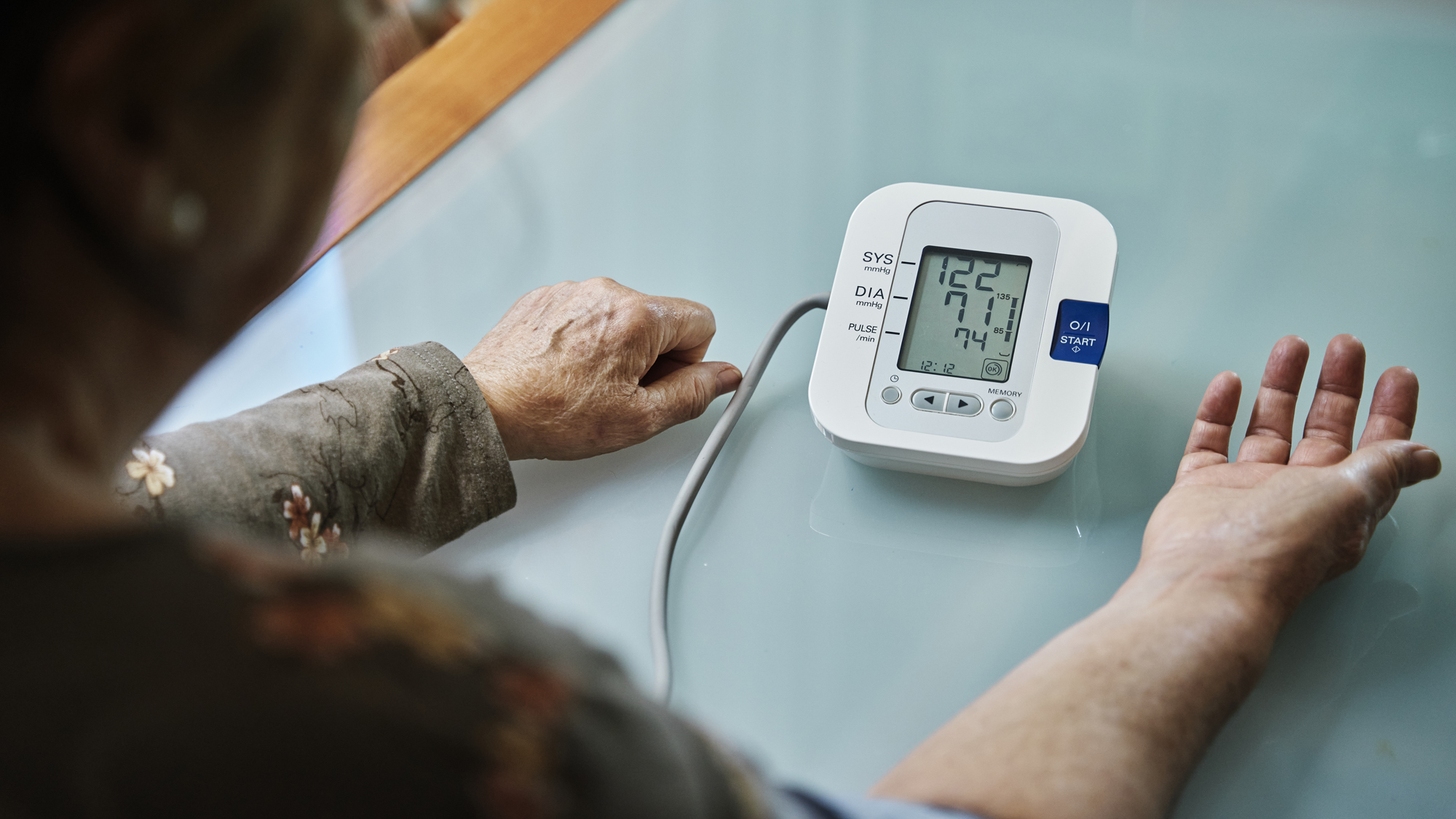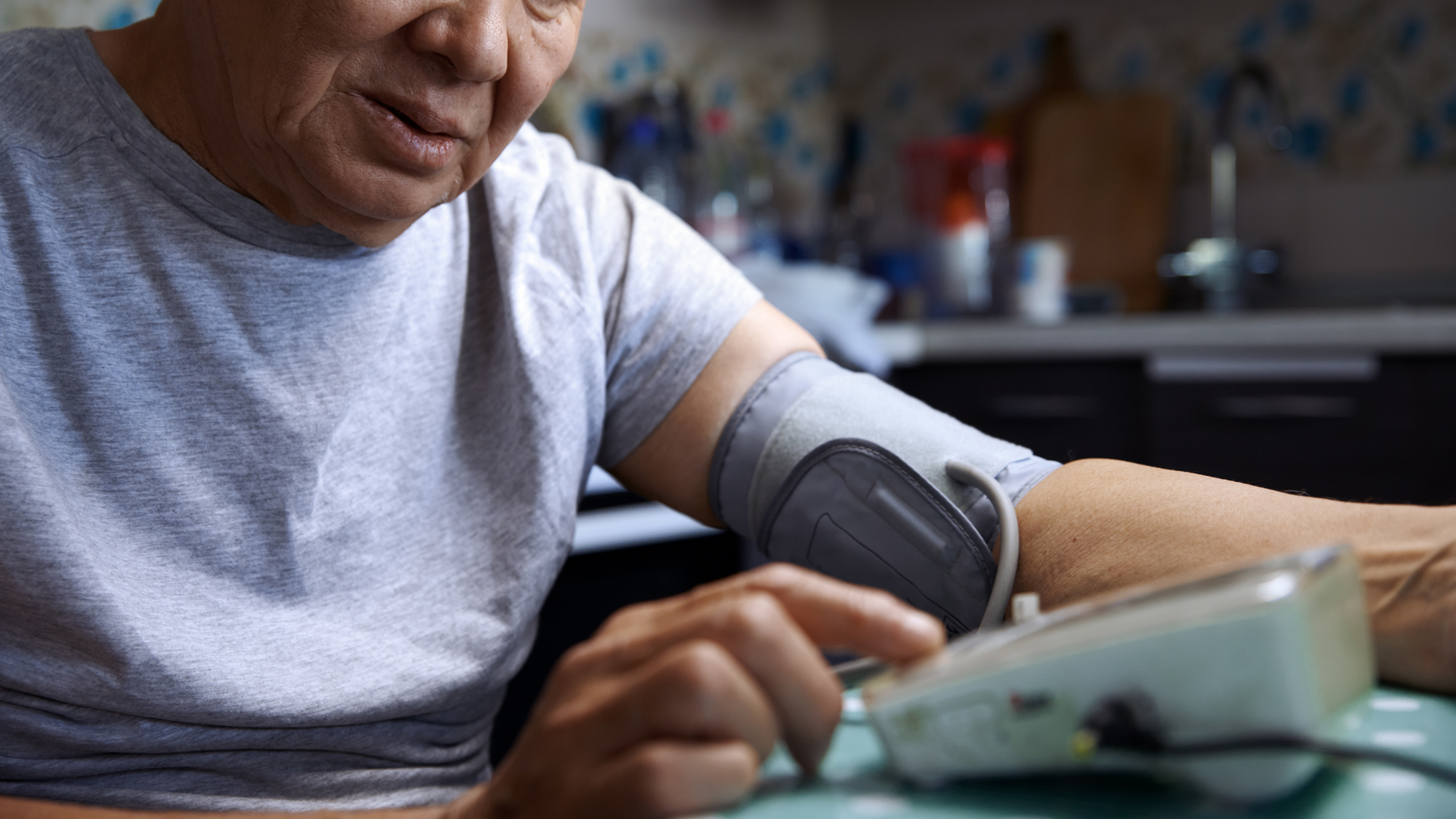Over 1.2 billion people now have high blood pressure - and half don't know it
A new study has found that cases of hypertension have doubled since 1990


The number of people living with high blood pressure has doubled over the past three decades, with some 1.28 billion people now affected by the condition according to latest figures.
A new report published in medical journal The Lancet found that cases of hypertension have doubled since 1990, affecting 626 million women and 652 million men in 2019. These figures look alarming, especially as hypertension is directly linked to around 8.5 million deaths per year.
Still, the researchers noted that the proportion of the global population with high blood pressure remained almost unchanged at roughly a third of the adult population.
However, more worryingly, only around half of all people with hypertension in 2019 were aware of their condition, and more than half received no treatment. Only around 1 in 4 women and 1 in 5 men with hypertension had their blood pressure controlled down to normal ranges.
For the study, researchers defined hypertension as blood pressure greater than 140mmHg/90mmHg or those taking medication for high blood pressure. The analysis sourced data from 1,201 previously published studies, which included 104 million people from 184 countries.

In 2019 Canada and Peru had the lowest prevalence of hypertension for men and women, while Taiwan, South Korea, Japan, and some European countries like Spain, Switzerland, and the UK had the lowest prevalence in women.
Generally, there had been improvement in treatment rates since 1990 in most high-income countries. However, the researchers found that middle-income areas like Costa Rica, Taiwan, Kazakhstan, South Africa, Brazil, Chile, Turkey, and Iran had seen some of the largest improvements. They suggest this might be due to the expansion of universal healthcare in many areas.
Start your week with achievable workout ideas, health tips and wellbeing advice in your inbox.
Sadly, but unsurprisingly, low-income countries showed the least improvement in total cases and treatment of hypertension, although the authors note that it can be challenging to get accurate data from these areas due to lack of infrastructure or formal healthcare.
While we may not be able to influence global health outcomes as individuals, there are changes we can make to look after our own health. Maintaining regular contact with your healthcare provider and measuring your blood pressure regularly can make it quicker to diagnose hypertension and start you on treatments. And of course, one of the best (and tastiest) ways to improve your health is by learning how to eat healthily.
Stretching, taking regular breaks, going for a walk in a green space, and even light exercise can reduce your risk of hypertension and maintain a healthy blood pressure. If you're looking for something a bit more passive, learning how to meditate is known to help manage stress and lower your blood pressure.
It's also a good idea to keep tabs on your general fitness and overall health. There are plenty of options if you're after the best fitness tracker.

James is a London-based journalist and Fitness Editor at Fit&Well. He has over five years experience in fitness tech, including time spent as the Buyer’s Guide Editor and Staff Writer at technology publication MakeUseOf. In 2014 he was diagnosed with a chronic health condition, which spurred his interest in health, fitness, and lifestyle management.
In the years since, he has become a devoted meditator, experimented with workout styles and exercises, and used various gadgets to monitor his health. In recent times, James has been absorbed by the intersection between mental health, fitness, sustainability, and environmentalism. When not concerning himself with health and technology, James can be found excitedly checking out each week’s New Music Friday releases.